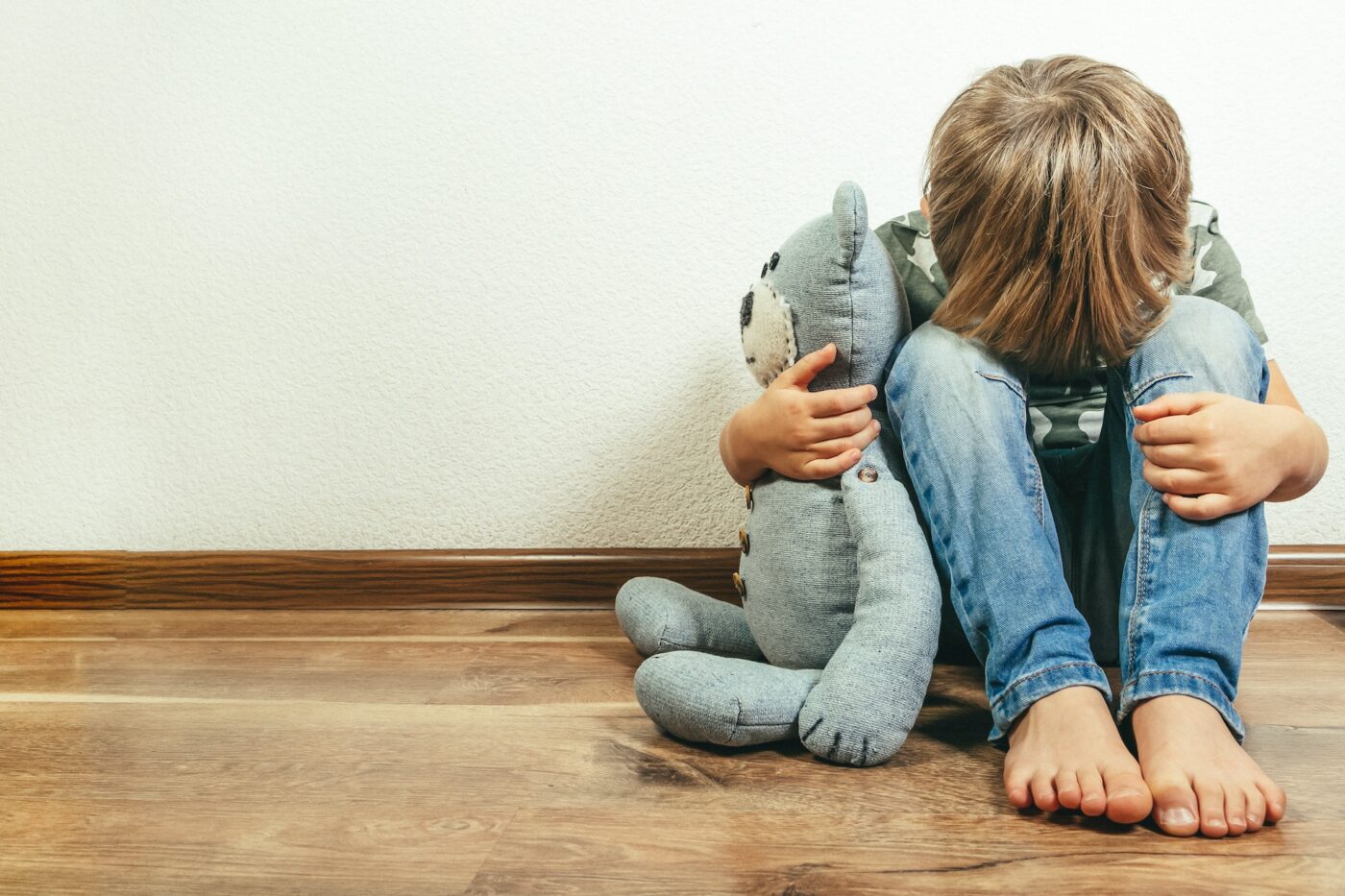Many children with Autism Spectrum Disorder (ASD) may engage in self injurious behavior (SIB), which can lead to self-injury. Depending on your child’s behavior, episodes of SIB can be violent, debilitating, and put your child at a higher risk of serious medical injuries. This behavior can be alarming to parents and caregivers, especially if you don’t have a plan in place for reducing SIB. In this article, Trumpet Behavioral Health shares insight into what SIB is, why it occurs, and how you can help your child with autism reduce this type of challenging behavior.
What Is Self Injurious Behavior?
According to research conducted by the Journal of Autism and Developmental Disorders, almost 28% of 8-year-old children with ASD engage in SIB. SIB can present itself in many ways, including:
- Head banging
- Hand or arm biting
- Excessive rubbing
- Skin scratching
- Hair pulling
Depending on your child, they may engage in these or other behaviors that cause themselves harm. SIB in individuals with ASD can either be highly repetitive or episodic. In both cases, it’s important to address the cause of the behavior and develop behavior-based strategies to manage and prevent SIB from occurring.
Why Do Some Children With Autism Engage In SIB?
Children and adolescents with autism may display SIB for a variety of reasons. To understand why your child engages in SIB, behavior analysts will examine the function (or the “why”) of the behavior. For example, a child may injure themselves because they are experiencing physiological pain, while another child may display SIB to gain attention from others.
Treatment for Self Injurious Behavior in Autism
Every child with autism’s behavior treatment plan should be unique to their specific needs and challenges. By identifying the function of the behavior, your ABA team can help your child avoid known triggers for SIB. Your team will also provide you with treatment strategies you can use to proactively prevent your child with autism from harming themselves and teach you how to react to self injurious behavior as it’s happening.
Does My Child With Autism Need Professional Intervention To Stop SIB?
When left unchecked, SIB can become a serious health risk to children and adolescents with autism. This is especially true if they continue to display this behavior as they age. To prevent your child from seriously injuring themselves, it’s important to seek professional help from qualified behavioral analysts.
As a parent of a child with autism, it can be terrifying to see your child engaging in self injurious behavior. Trumpet’s team of highly trained ABA therapists have years of experience in reducing challenging behavior in children and adolescents with autism, including SIB. To learn more, contact us today or schedule a consultation at an ABA therapy center near you.
